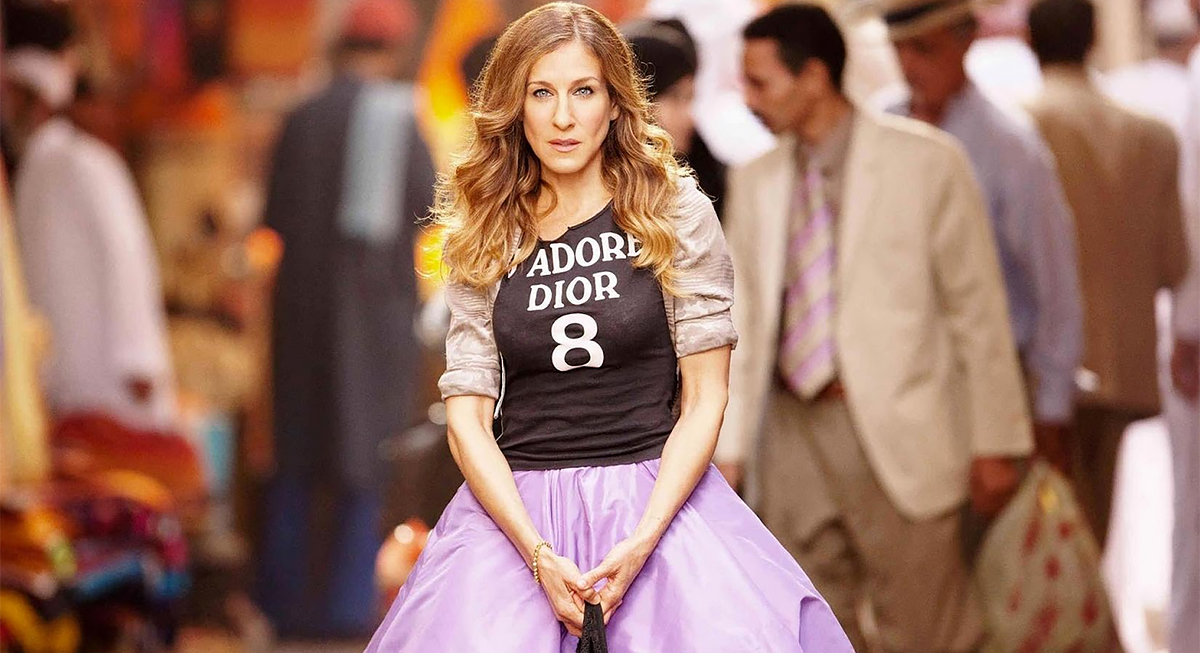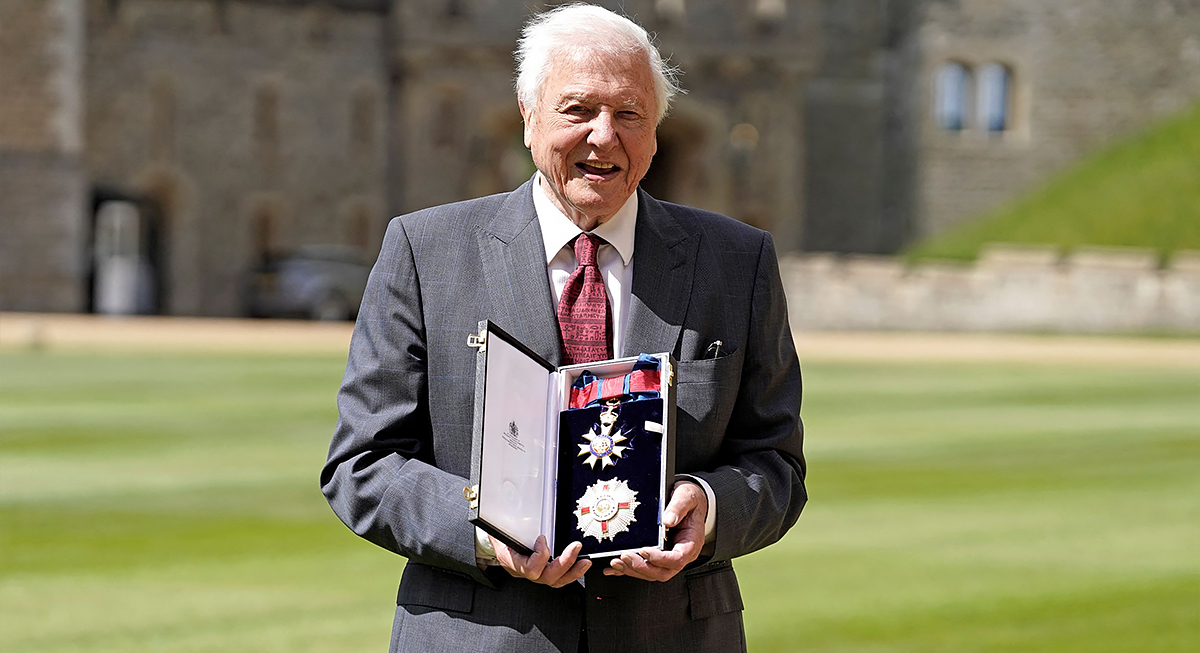Everyone thinks office culture is crazy now, but they’ve got nothing on the madness of the 1950s and 60s. The "Mad Men" days were like a non-stop party, with drinks hidden in desk drawers, ashtrays overflowing with ashes, and secretaries who did way more than take notes. It was the era where rules were for bending, not following.
Spirits in the Drawers

Credit: iStockphoto
Desk drawers weren't designated for stationery only. They were stocked with spirits, ready for a midday pick-me-up. By afternoon, a stiff drink, not a cup of coffee, was the go-to solution for slumps. Executives casually sipped their way through meetings with a glass in hand while crunching numbers.
Huffing Away On the Clock

Credit: Getty Images
Offices used to be a haze of smoke, and no one thought twice about it. Ashtrays were everywhere—from desks to conference tables—and lighting up was a regular part of the daily grind. Executives puffed away during meetings, secretaries had packs at the ready, and some companies even gave away free sticks as perks.
Work Hard, Play Hard...Or Not

Credit: iStockphoto
Work-life balance was a foreign concept. The office was like a second home—except you probably spent more time there than anywhere else. Leaving on time? Ha! That'd get you some funny looks. Weekends weren't sacred, either. If the boss needed something, you dropped everything, no questions asked.
No Female Advancement

Credit: iStockphoto
A woman's office life wasn't about promotions. Step into the office of the 1950s and 60s, and it was clear who ran the show—men. Women were mostly secretaries or assistants, with little chance of moving up. A career was just something to do before marriage and kids took over.
Boss's Word Trumps All

Credit: iStockphoto
When the boss spoke, it was gospel. His decisions were final, and if you dared question him? Down the drain, your career goes. Employees had no voice, no power over their workloads, and definitely no say in how they were treated. If you weren't his favorite, you could kiss promotions goodbye.
Ruled By Whims, Not Merit

Credit: iStockphoto
Performance reviews were a rare breed. Instead, your fate was decided by the boss's mood. If he was happy, you'd never hear a word; if not, get ready for a public smackdown or an instant firing. Praise? Yeah, right—only the office politicos got that. The rule was simple: deliver results, or pack your desk and go!
Water Cooler Chronicles

Credit: freepik
The "Mad Men" office was as much about whispering secrets as it was about doing actual work. Employees swapped stories by the water cooler, over lunch, or after hours, sharing everything from promotions to the juiciest office scandals. Even managers weren't safe. Everyone speculated about their secrets, rivalries, and behind-the-scenes moves.
Burnout as a Badge

Credit: freepik
Long hours, impossible deadlines, and constant pressure were how you proved you were determined. Stress wasn't just a side effect of the job—it was the job. You powered through exhaustion with a drink or a smoke, like everyone else. If you didn't work yourself to the bone, you weren't serious about your job.
Who Even Wanted Diversity?

Credit: iStockphoto
The "Mad Men" office was like a club with an exclusive guest list, and let's just say not everyone was invited. Women only got secretarial roles, minorities had to jump through hoops just to get noticed, and equal opportunity was a laughable concept. It wasn't until much later that things started to change.
Never Heard of Salary Talk

Credit: iStockphoto
Employees had zero clue what their coworkers were earning—asking about it would get you side-eye at best and trouble at worst. Raises were a secretive affair, given out at the boss's whim with no set criteria. If you wanted one, you had two options: pray for a miracle or ask and risk being that person.
Loyalty Meant Everything

Credit: iStockphoto
Hopping from one job to another was like committing a sin. If you weren't sticking it out with the same company for life, you were practically branded a traitor. You waited your turn, stuck it out, and hoped one day that loyalty would magically lead to a reward.
Age Before Ideas

Credit: iStockphoto
No matter how sharp, ambitious, or talented you were, if you weren't in your 40s, you didn't matter. Being young in the office was a one-way ticket to being overlooked. Young employees were expected to keep their mouths shut, follow orders, and do the grunt work—fetching coffee, making copies, and sitting quietly in meetings.
Respect by Designation

Credit: iStockphoto
Titles were everything. A "Vice President" could stroll in like royalty, even if they weren't in charge of anything. The higher your title, the more respect you got, even if your actual work wasn't any more impressive than the person next to you. It didn't matter what you actually did; it was just that your title made you look important.
Grinding Without a Leave

Credit: iStockphoto
Presence was proportional to progress. If you weren't physically in the office, you might as well be sitting on the couch watching reruns. Sick? Too bad. No matter how much the culture sucked or how many hours you had to pull, you had to show up, look busy, and keep grinding.
Being On Call

Credit: iStockphoto
You know how we can send emails in seconds? Well, back in the "Mad Men" days, the phone was the only way to get anything done. Mastering the phone meant mastering the office, and if you weren't there to pick it up, you were out of the loop.





